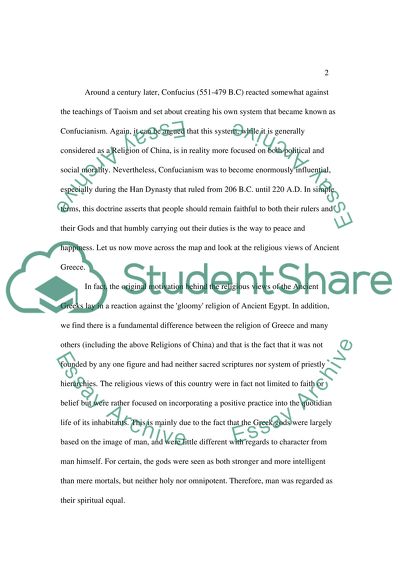Cite this document
(“History Essay Example | Topics and Well Written Essays - 1500 words - 2”, n.d.)
Retrieved from https://studentshare.org/environmental-studies/1419813-history
Retrieved from https://studentshare.org/environmental-studies/1419813-history
(History Essay Example | Topics and Well Written Essays - 1500 Words - 2)
https://studentshare.org/environmental-studies/1419813-history.
https://studentshare.org/environmental-studies/1419813-history.
“History Essay Example | Topics and Well Written Essays - 1500 Words - 2”, n.d. https://studentshare.org/environmental-studies/1419813-history.


